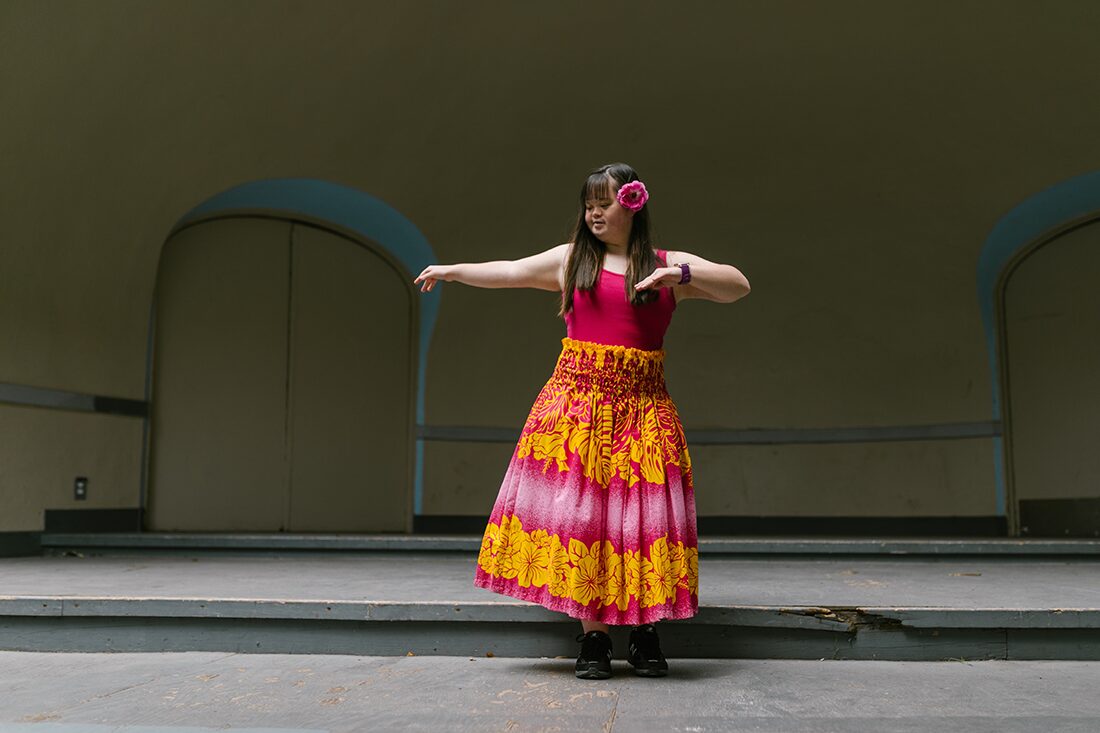Bringing awareness to special needs mental health

TEAM OSCIE
Written by: Sasha Balasingam
Mental health comes in all different sizes, shapes, and forms. It’s really important that we accept and learn to understand different people’s ways of coping with things because there’s so much out there that we don’t know about someone else. Whether you’re aware of it or not, many people with special needs can often get anxiety, depression, and heavy fear. When someone is aware that they struggle with social skills, then they often develop social anxiety (due to their communication impairment). They have internalizing symptoms such as depression and anxiety because of their knowledge that they have a lack of social communication. Because of this, it may be hard for them to reach out for a conversation in a group of people they don’t know very well. If you see someone standing all alone, make an effort to say a simple sentence to them. It doesn’t have to be a long conversation but that conversation could make them so happy for that entire day just to feel included.
Social anxiety is the intense anxiety/fear of being negatively evaluated in a social or performance situation, leading to avoidance of social situations, and limiting someone’s opportunities to practice social skills. Many people with special needs also often fail to use language appropriately in social interactions such as understanding sarcasm, humor, and irony. They may be intensely aware of difficulties they encounter during social interactions and therefore appear to be at greater risk for developing depression, low self-esteem, and anxiety, when faced with peer rejection or bullying. Even if you say it jokingly or with sarcasm, many people with special needs can’t really process that. Especially if they are higher on the spectrum, they are more intensely aware of difficulties they encounter during social interactions and appear to be at greater risk for developing depression, low self-esteem, and anxiety, when faced with peer rejection or bullying. In today’s world where teenagers are so focused on fitting the stereotype society places on us, we have to remember that mental health issues does not just impact the neurotypical community. Please stay kind, and remember that we are all fighting our own battles on the inside, even if we don’t showcase it publicly.
“It is not our differences that divide us. It is our inability to recognize, accept, and celebrate those differences”.
– Audrey Lorde
“There’s a story behind every person. There’s a reason why they’re the way they are. Think about that before you judge anyone.”
– Ziad Abdelnour
“The first step toward change is awareness. The second step is acceptance.”
– Nathaniel Branden


